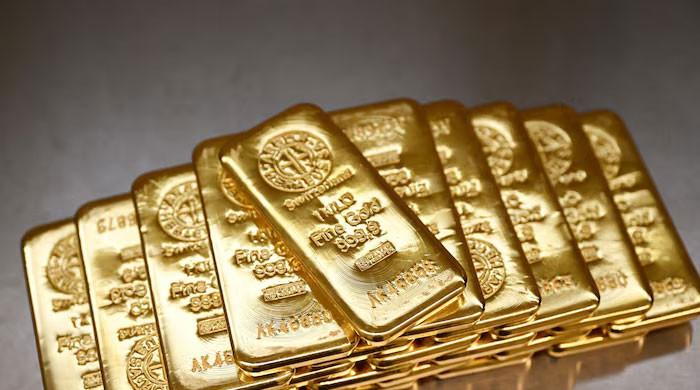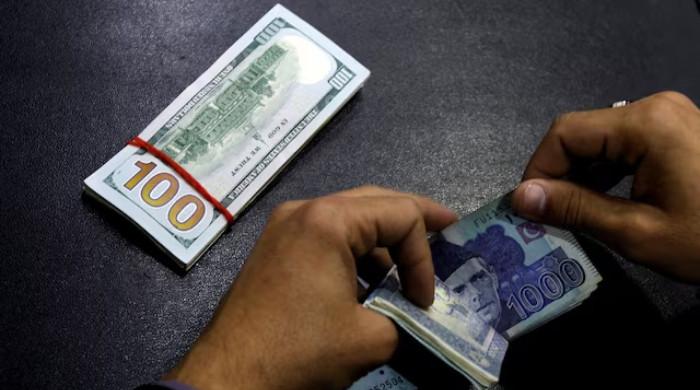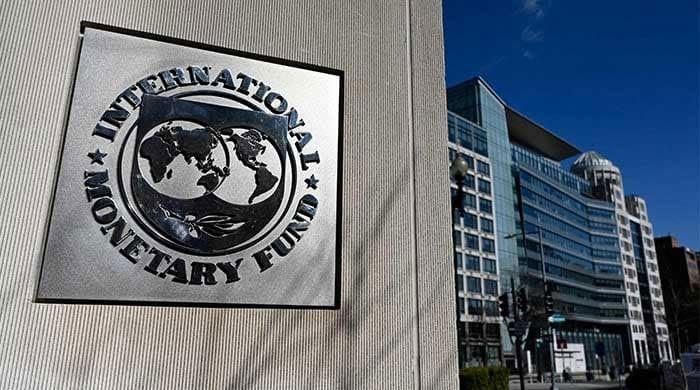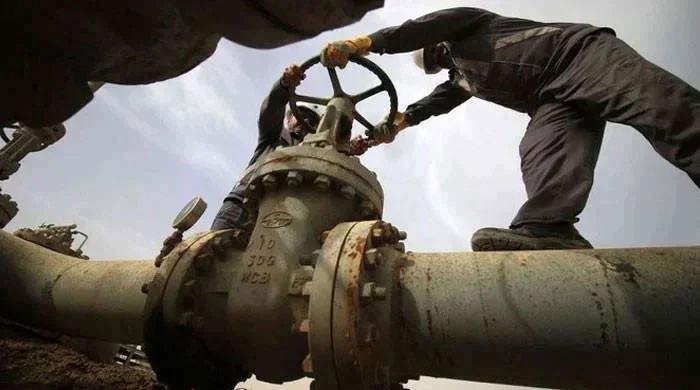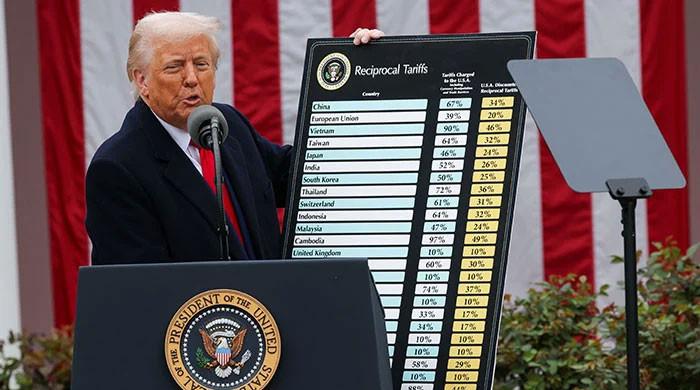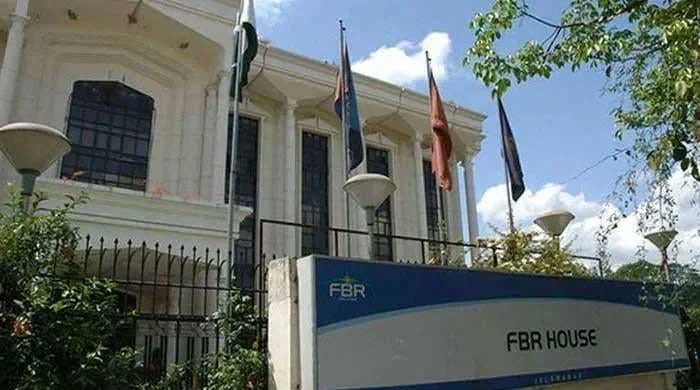Rupee likely to 'maintain resilience' against dollar over positive trade balance
Rupee has appreciated by 0.84% against dollar since start of 2024, reflecting improved macroeconomic conditions
February 04, 2024
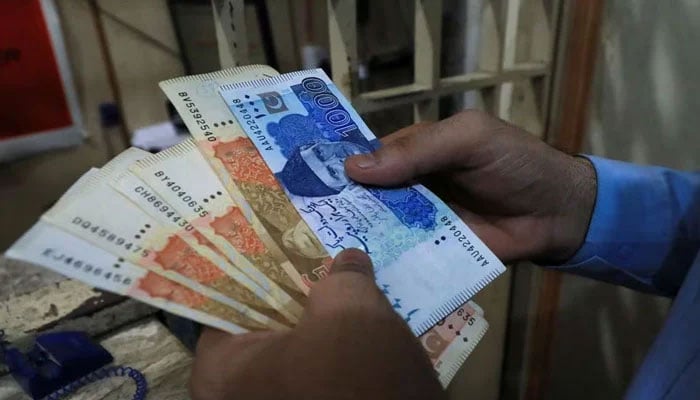
- Rupee closed at 279.41 against dollar in outgoing week.
- Also gained some support from slight easing of inflation.
- "Improved economic situation has positive impact on rupee."
KARACHI: The Pakistani rupee is expected to maintain some resilience against the dollar in the coming weeks supported by improved economic fundamentals and a positive trade balance, The News reported Sunday citing currency dealers.
In the outgoing week, the local currency closed at 279.41 per dollar, slightly stronger than 279.59 a week ago, as the country's trade deficit narrowed by 30% in January from a year earlier, thanks to a 27% surge in exports and a 4% drop in imports.
"This signals an improvement in the external trade sector, which would help the rupee maintain some resilience against the dollar," said a currency dealer.
The rupee also gained some support from a slight easing of inflation, which fell to 28.34% year-on-year in January from 29.66% in December. However, inflation remained high on a monthly basis, rising by 1.8% in January, above the average of 1.5% in the last three months.
In the first seven months of the current fiscal, average inflation clocked in at 28.73% compared to 25.40% in the corresponding months of the last fiscal year.
The State Bank of Pakistan (SBP) kept its policy rate unchanged at 22% in the outgoing week, citing inflationary risks.
The rupee, however, has appreciated by 0.84% or 2.36 rupees against the dollar since the start of 2024, reflecting improved macroeconomic conditions such as increased liquidity in the foreign exchange market, a shrinking money supply, and a balance of payments surplus due to low import demand.
Zafar Paracha, secretary general of the Exchange Companies Association of Pakistan (ECAP), said the improved economic situation has a positive impact on the rupee's health and it is anticipated that if the current policies remain enforced, the rupee may show more strength in the coming weeks.
However, some analysts warned that the rupee could face pressure from the upcoming general elections, scheduled for February 8, as well as the low level of foreign exchange reserves, which stood at $13.3 billion as of January 26, enough to cover less than three months of imports.
"The economic watch is highly boring next week as all the interest is on how the elections will unfold (in Pakistan)," Tresmark, a financial market research firm, in a report.
"Pakistan's weak growth is one of the other challenges affecting the economy after inflation. Reforms are required and some global factors can hurt Pakistan most."
According to the World Bank, Pakistan's GDP growth is projected to recover to 1.7% in the fiscal year 2024, after contracting by 0.6% in the previous year, but it will remain below its potential due to structural constraints and low investment. The GDP is projected to grow 2.3% in FY25.
The World Bank also forecast that remittances, a key source of foreign exchange for Pakistan, would fall by 10% to below $22 billion in 2024, compared to the previous year.
The report highlighted the risks of a prolonged economic slowdown, low investment, weak exports, and rising poverty without reforms.
The rupee could also be affected by global developments, such as the US Federal Reserve's decision to refrain from cutting interest rates in March, which could reduce liquidity and weigh on stock markets, as well as the potential deflationary shock from China's property market meltdown, the report said.
The price of Brent crude oil, which Pakistan imports to meet its energy needs, is expected to range between $70 and $80 per barrel, but a breach above that level could hurt the global economy and especially Pakistan, Tresmarksaid.
Geopolitical uncertainty could also impact the rupee, as tensions between rival countries could escalate uncertainty and commodity prices, it added.




